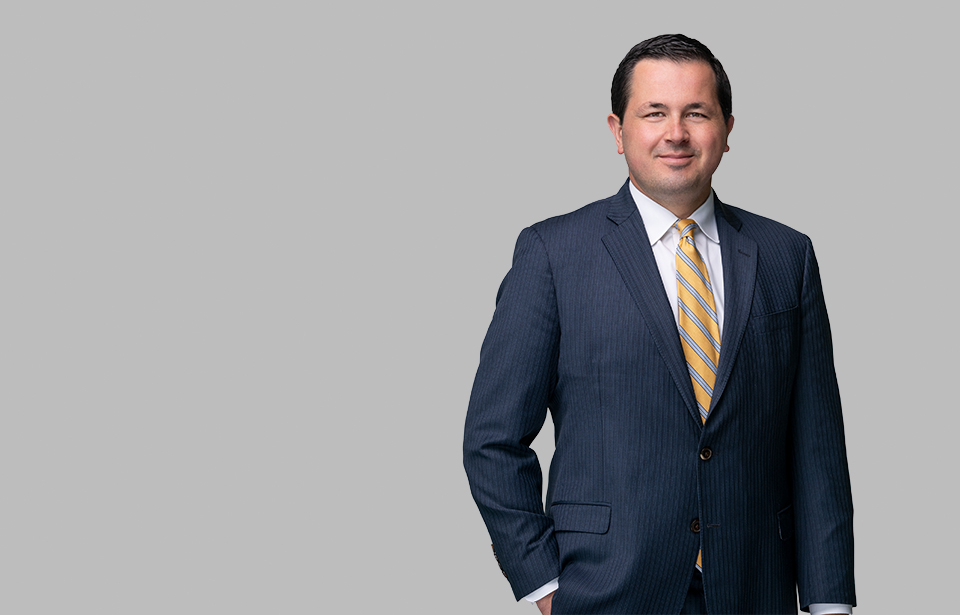Maine Workers' Compensation Board Rules on Compensability of Medical Marijuana; Appellate Division to Ultimately Rule on the Issue Following Recent Oral Argument
|
|
Workers Compensation Bill LD 53 (“An Act to Ensure Accountability for Workplace Sexual Harassment and Sexual Assault by Removing Certain Intentional Torts from Workers’ Compensation Exemptions”), became law on June 4, 2023. The original...
The following is an overview of developments with respect to proposed legislation as well as new procedures on independent contractor determinations, medical fee schedule updates, and the use of updated Board forms, including medical...
The American Arbitration Association (AAA) updated its Construction Industry Rules and Mediation procedures (AAA Rules), effective March 1, 2024, marking the first update since 2015. The updates are important because the AAA Rules are...
In Kinetic Systems, Inc. v. IPS-Integrated Projects Services, LLC et. al., No.: 20-cv-1125 (D.N.H. February 6, 2024), the U.S. District Court for the District of New Hampshire granted summary judgment for a general contractor...

